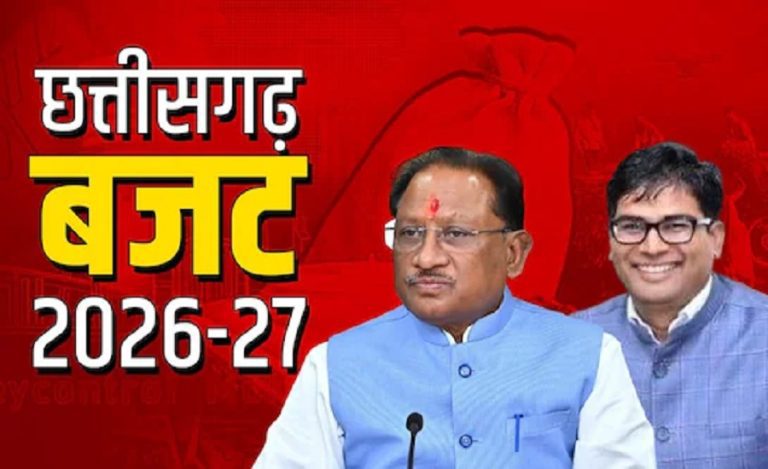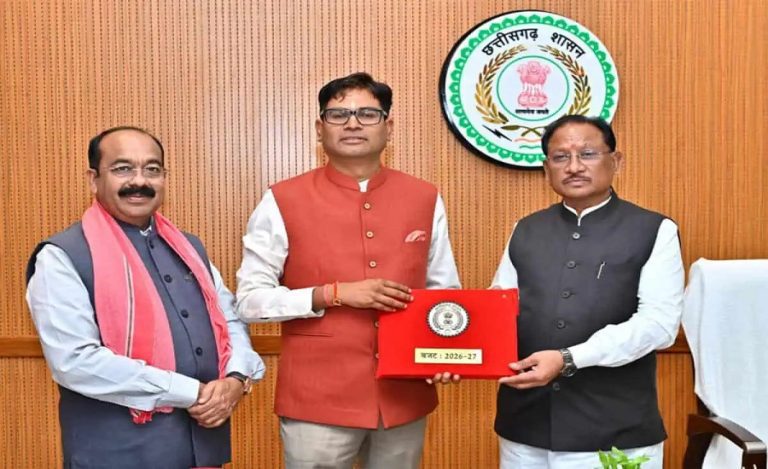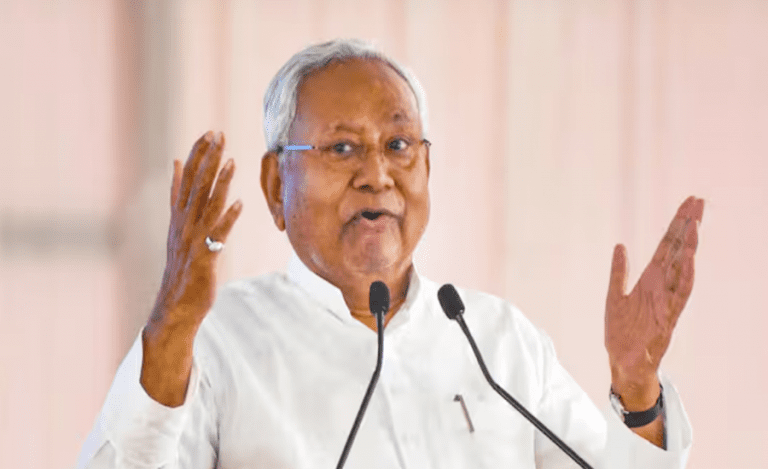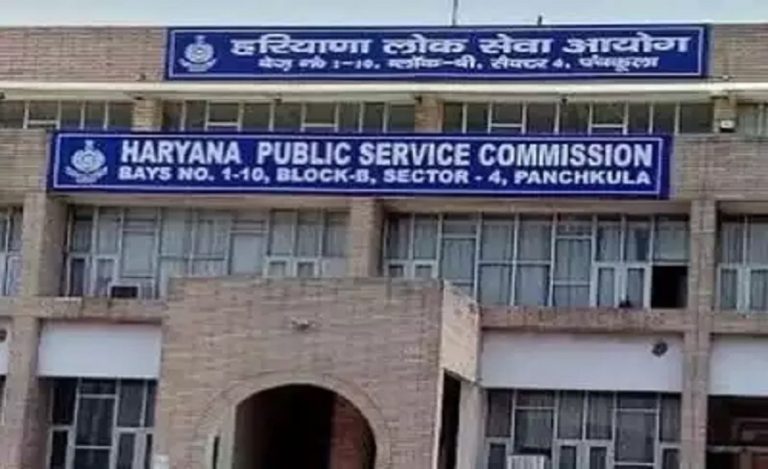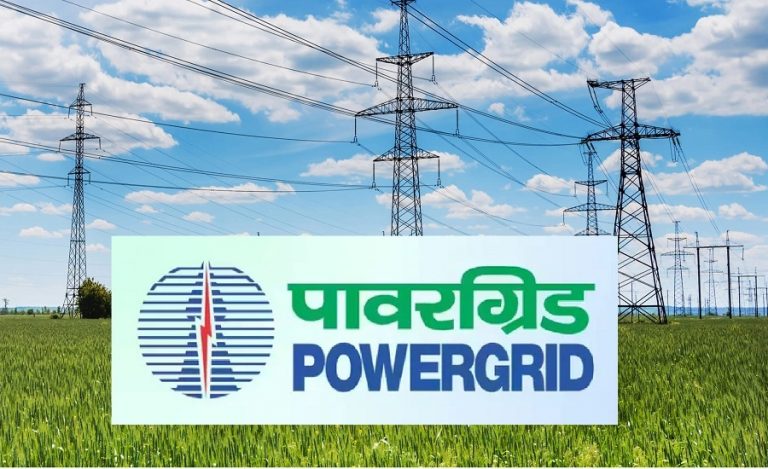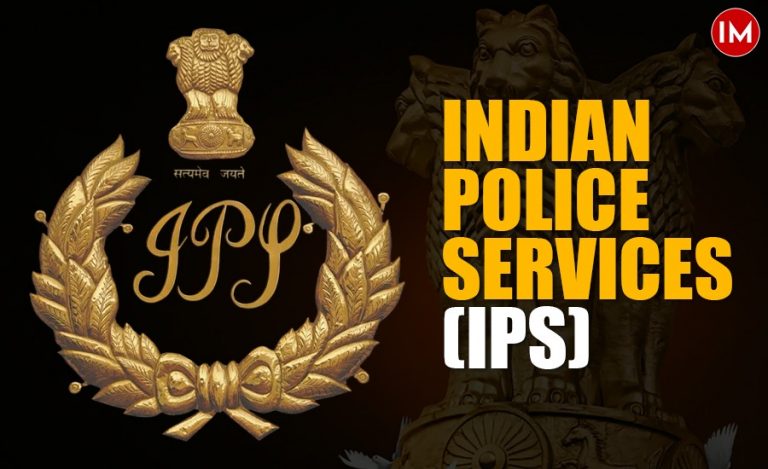New Delhi: In a striking move, the Delhi High Court (HC) has ordered an administrative enquiry against two judicial officers for alleged involvement in coercing a junior lawyer to dilute her rape complaint. The order signals zero tolerance for interference in the criminal justice process.
Background of the Story
A 27-year-old woman lawyer filed a complaint against a 51-year-old advocate, alleging he raped her after promising to marry her. She claimed the accused had a friendly relation with certain judicial officers who then allegedly tried to influence her to withdraw or soften her complaint.
Read Also: No More Land Scams: Supreme Court Backs Blockchain in Land Registration to Curb Corruption
As the case progressed, the High Court found materials raising serious concerns about misuse of influence by judicial officers.
What the High Court Found
- The HC observed that the allegations pointed at a “flagrant lack of respect towards the criminal justice machinery.”
- One of the judicial officers was alleged to have offered ₹ 30 lakh to the complainant, along with a job, if she diluted her allegations.
- The accused lawyer’s pre-arrest bail was cancelled by Justice Amit Mahajan, who noted that the conduct of all parties had “shocked the conscience” of the Court.
Court’s Directions & Next Steps
- The HC directed the accused lawyer to surrender within one week before the trial court.
- It ordered an administrative enquiry into the conduct of the two judicial officers, and directed “appropriate action in accordance with law”.
- The case will now proceed on the merits of the rape allegation and the alleged interference.
Importance of Delhi HC Enquiry Against Judicial Officers
This order touches on the core guarantee of fair justice; that no one — including legal professionals or judicial officers — can exert undue influence on a legal process.
With the judiciary itself under scrutiny, the implications are deep:
- It reinforces that judicial accountability is being taken seriously.
- It sends a message that victims need protection from coercion, even when the coercers may be powerful legal persons.
- It underlines that legal process integrity cannot be compromised by money or connections.


